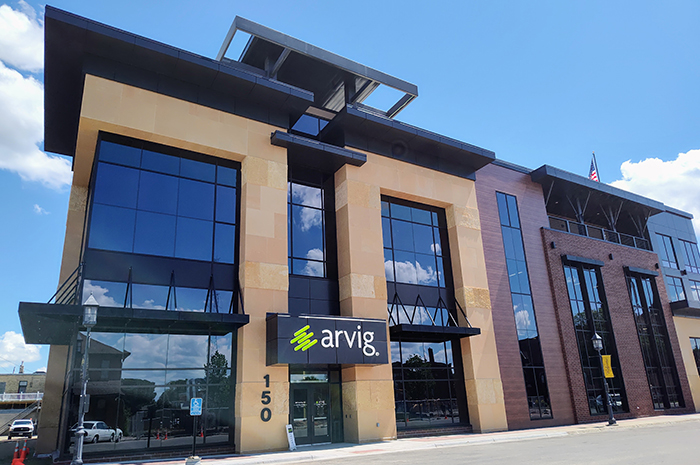Arvig expands gig service to more Minnesota communities
News | Published on November 15, 2022 at 4:49pm EST | Author: Chad Koenen
0Gig internet is designed to support 12 or more connected devices

Arvig, which is based in Pehram, is expanding its gig services to more communities in Minnesota.
Arvig has been steadily expanding gigabit internet access across its service area, giving residents of many lakes area communities access to speeds up to 10 times faster than the typical 100 megabits-per-second (Mbps) internet service.
Sound like an upgrade? It definitely is. And for residents and businesses in the Frazee and Vergas area, it’s available now.
One of the biggest factors in a good internet experience (or productive, if you’re using it for work) is operating with enough speed. As the region increasingly relies on high-speed internet for work, education and entertainment, Arvig is continually working to improve its fiber network capability, upgrade technology, update infrastructure and expand service offerings to meet growing demands for more bandwidth and speed.
Bandwidth and speed go hand in hand. Think of bandwidth as the size of the pipeline through which data is transferred. The wider the pipeline—the more megabytes per second you have available—the faster that information can be sent and received. When data moves faster, it takes less time to load a webpage, stream a video, download a file or send an email, among other things.
Why go gig?
In the typical household today, a growing number of devices are internet-connected, from computers and tablets, to TVs, game systems, smart home devices and even security systems. Speeds of up to 1 Gigabit are designed to support 12 or more connected devices without having to compromise on which one gets to be in the fast lane.
Gigabit internet packages allow users not only to easily check email and browse the web, but do much more bandwidth intensive online activities, such as streaming high-definition TV content in 4K resolution, play competitive online games, download large files, access cloud-based applications and upload video.
For more information, visit www.arvig.com/internet

